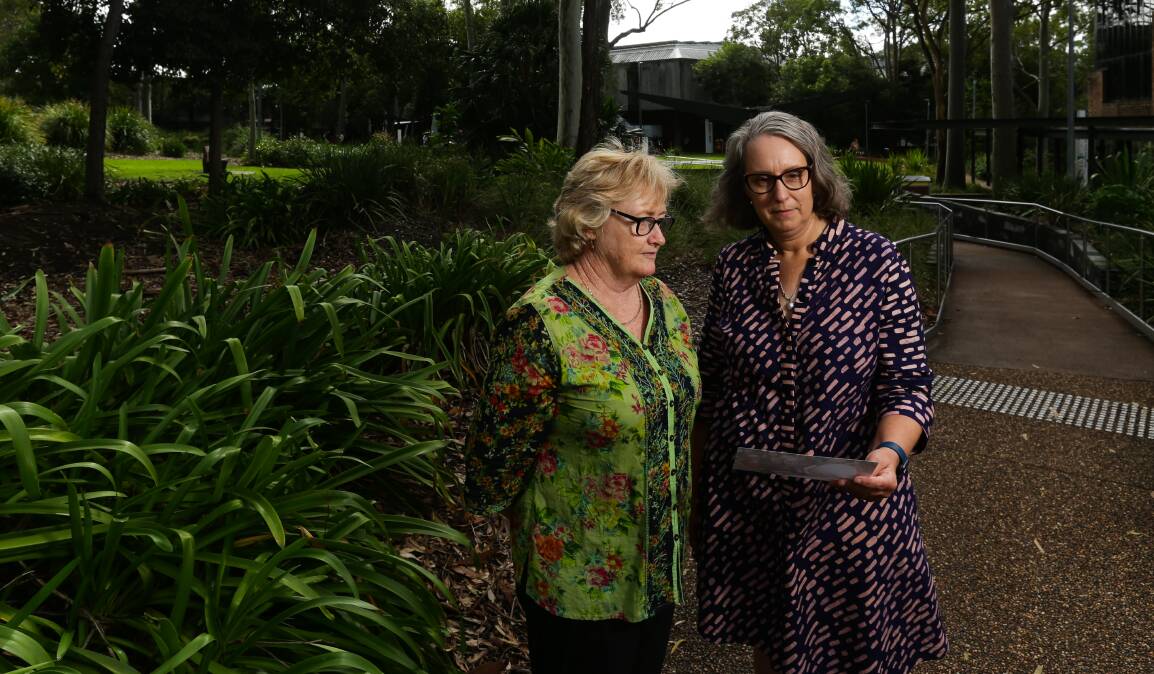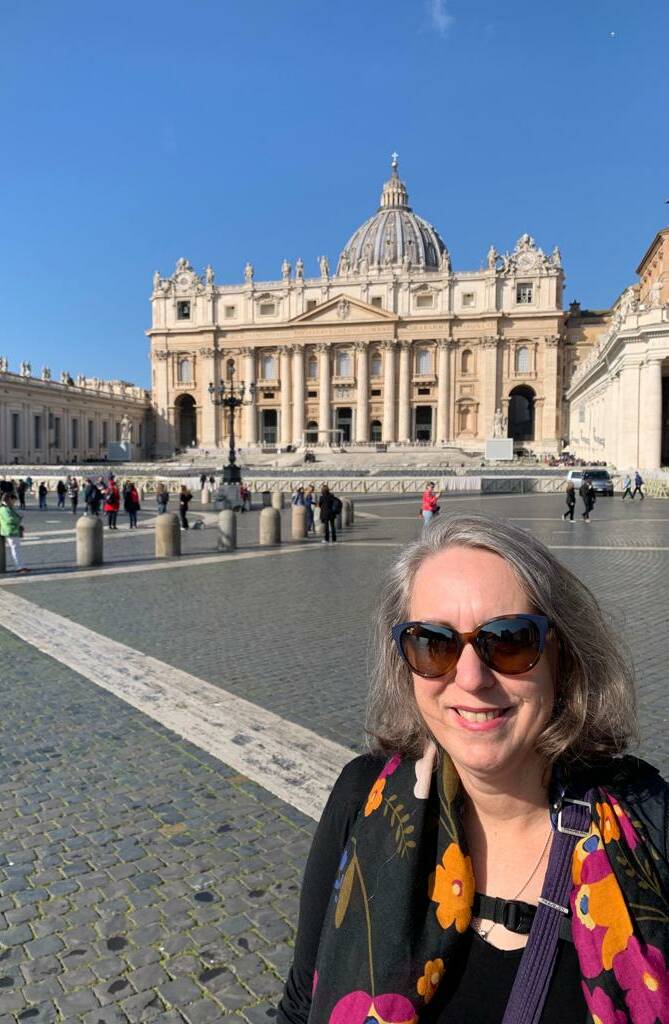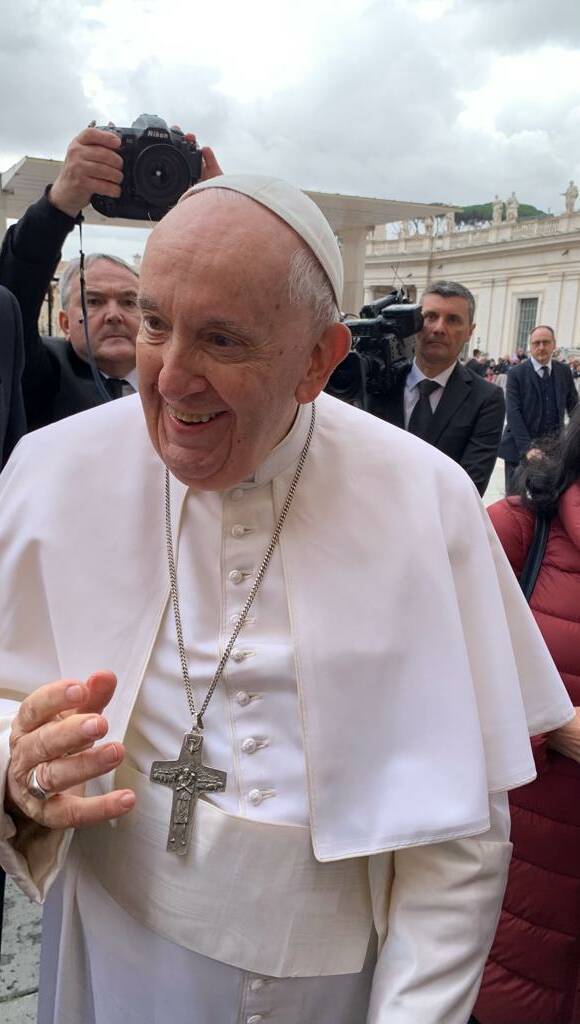
IT'S not every day that a University of Newcastle (UON) researcher meets Pope Francis.
But for Tracy McEwan, the real privilege was putting the views of Catholic women literally in his hands.
"Handing the research to the Pope made me feel I was doing justice to these women's stories," Dr McEwan said.
"In a lot of ways, this isn't about me, and me meeting the Pope, it's about facilitating these women's voices being heard in a way they aren't being heard now - and that's really important to me.
"The sense of hurt and anguish that came through in a lot of their stories was really palatable, so to be able to have these women know that their stories are important is a really good feeling."
Dr McEwan and Dr Kathleen McPhillips' research is the most comprehensive study ever taken undertaken, shining a light on the views of 17,000 Catholic women across 104 countries about faith, identity, abuse, reproductive rights and equality.
It all started with an organisation called Catholic Women Speak, in response to Pope Francis's invitation for submissions to the 2021-2023 Synod of Bishops - a process that looks at how the Church will address major issues.
Heading to Rome with her research on International Women's Day in March, Dr McEwan wasn't even sure she would have the opportunity to meet Pope Francis.

The security around him is incredibly tight, and in the football stadium-sized St Peter's Square banks of people wait in front of a central stage for a glimpse of the head of the Catholic Church.
For a lot of the women ambassadors accompanying Dr McEwan, including Australian Ambassador to the Holy See Chiara Pollo, it was the first time they had met the Pope.
"I was really nervous, there's that anticipation about what will happen," she said.
"We didn't expect it to be this big, we honestly didn't.
"I guess to me what it signalled is that willingness to listen and have dialogue, that someone like me - an academic from UON has access to a church leader in that way.
"It gave me hope that things might change for women in the church."

The researchers have sent their report, the International Survey of Catholic Women to every Bishop in Australia.
So far, the only one who has acknowledged it is the Bishop of Maitland-Newcastle Diocese Michael Kennedy, who was installed at a mass at Sacred Heart Cathedral in March.
Dr McEwan said she hoped the research could be a catalyst for change, but she was realistic about how quickly an institution such as the Catholic Church could reform.
"You look at the statistics around how many women are seeking reform and how many are feeling silenced, frustrated or ignored in their own church communities and it isn't surprising at all," she said.
"I think there is a bit of serendipity here in terms of a sense of openness, willingness to listen and certainly the invitation for input as well.
"There is a willingness to hear where people are hurting, what's going right and what's going wrong - whether any concrete change comes from that, I'm not sure."
The Synod will conclude in October, next year, and Dr McEwan said she would be looking closely at the process for the response from the Catholic Church.
Dr McPhillips and herself had received an "amazing response" from Catholic women across the world thanking them for affirming their experiences.
To see more stories and read today's paper download the Newcastle Herald news app here.







